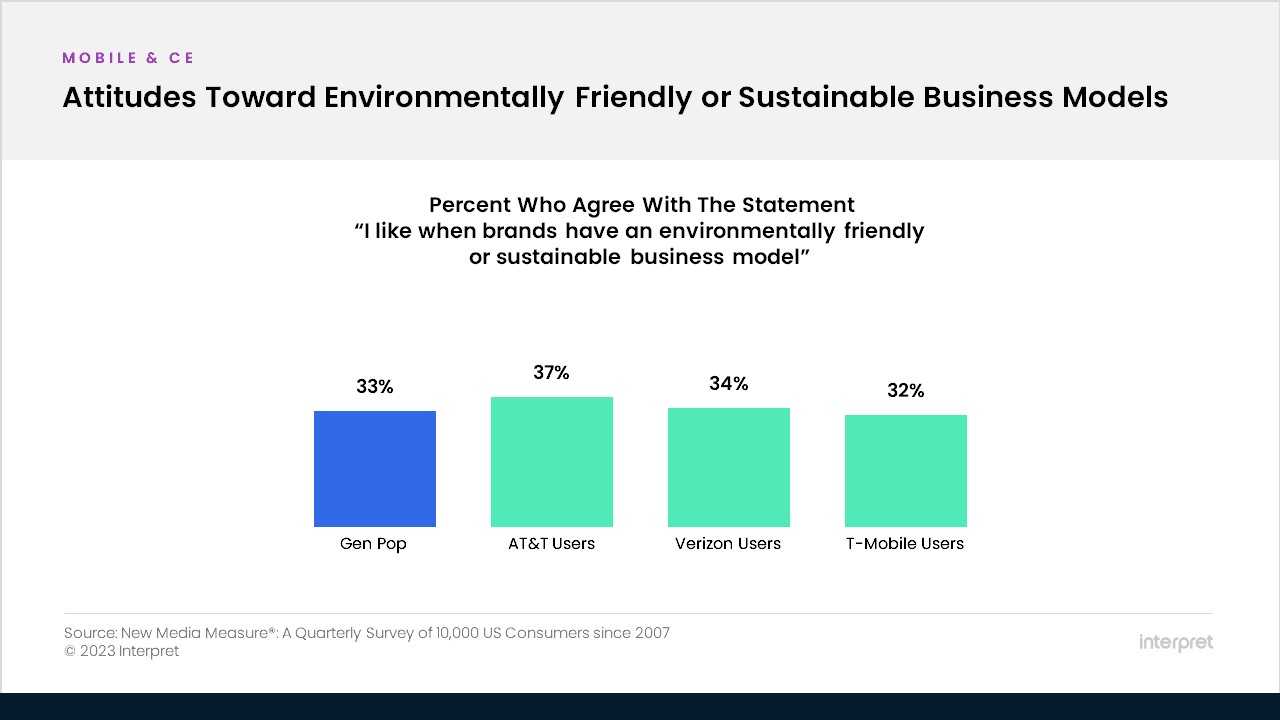Climate change has become, and undoubtedly will continue to be, one of the most important issues of the 21st century. Time and again, experts have been warning the world that decarbonization may not be happening quickly enough to meet a goal of preventing global temperatures from rising above 1.5 degrees Celsius. And while individual consumers can take small steps to help lower their own carbon footprint, it’s the world’s leading corporations that must truly act to effect change, as they’ve been responsible for the bulk of greenhouse emissions.
The good news is that more and more tech giants are looking to become net zero, and the world’s top mobile carriers are becoming more proactive on this front lately. Mobile industry body GSMA recently reported that almost one-quarter of the energy used by the mobile sector is now derived from renewable sources, up from 14% in 2020. The GSMA has been pushing carriers across the industry to reach net zero emissions status by 2050.
In its report released at the Mobile World Congress, GSMA specifically highlighted the efforts of T-Mobile, which is one of the few networks to pledge reaching a net zero goal by 2040, not 2050. Moreover, T-Mobile was cited as the first company in the US wireless sector to gain the stamp of approval by the Science Based Target Initiative – its emissions goal incorporates both those from the supply chain and more indirectly from purchasing electricity. T-Mobile’s rivals, Verizon and AT&T, meanwhile, are both aligned with the 2050 net zero goal.
“As we know sustainability is important to our customers and stakeholders, T-Mobile has made great progress in reducing our environmental footprint – and now we’re taking even bigger steps to reduce our carbon emissions with a commitment to meeting SBTi’s Net-Zero Standard,” said Mike Sievert, T-Mobile CEO in a press release.
Sievert’s remarks about customer sentiment are backed up by data from Interpret’s New Media Measure®, which shows that one-third of US consumers do like when a brand has an environmentally friendly or sustainable business model. While a slightly greater portion of the customer bases from Verizon and AT&T espouse environmentally friendly business models, the fact remains that a considerable portion of consumers would like to see companies doing their part to fight climate change, regardless of the wireless carrier they subscribe to. Reducing carbon emissions not only makes sense to help planet Earth, but it’s a message that is likely to resonate with customers.





